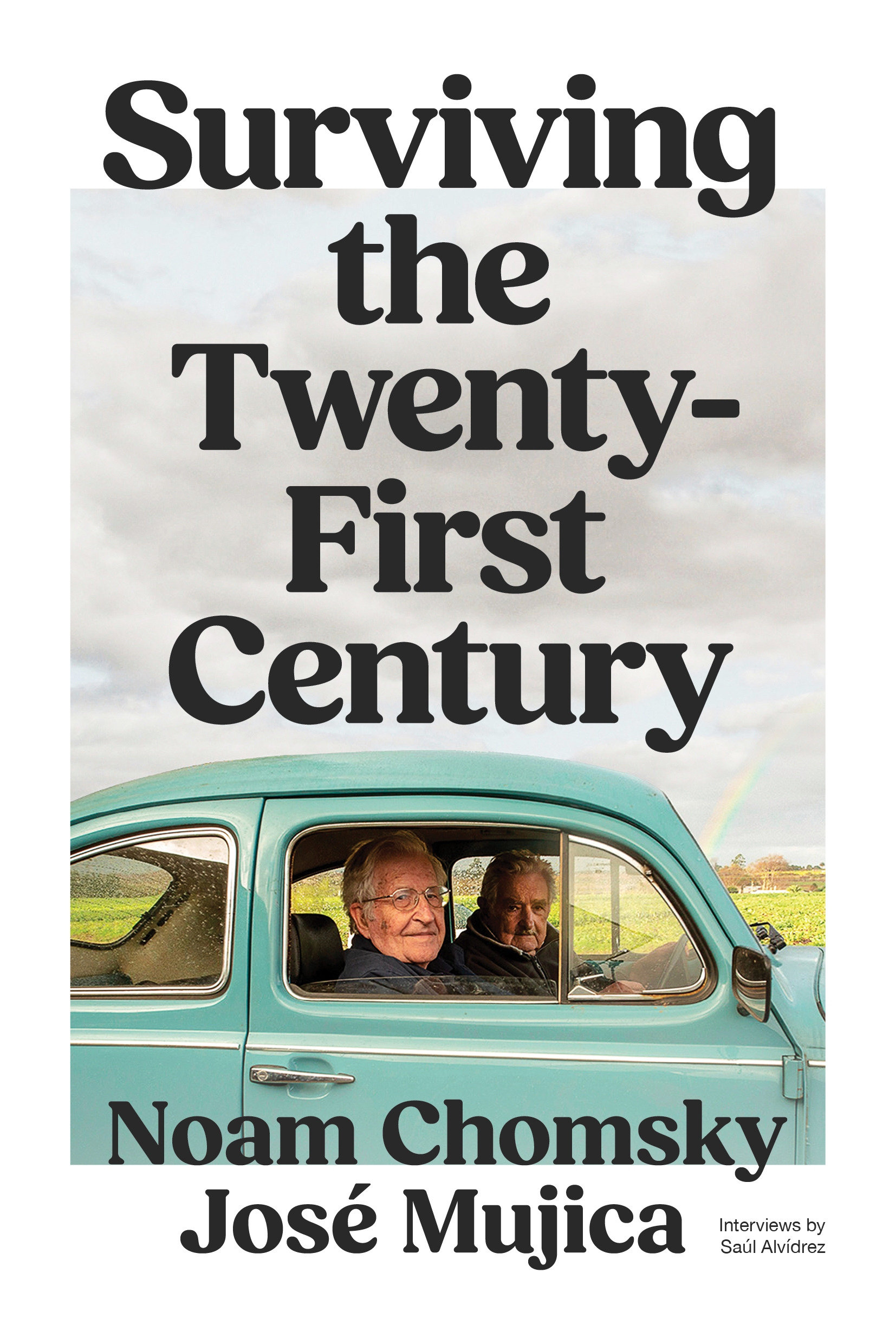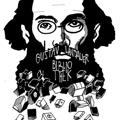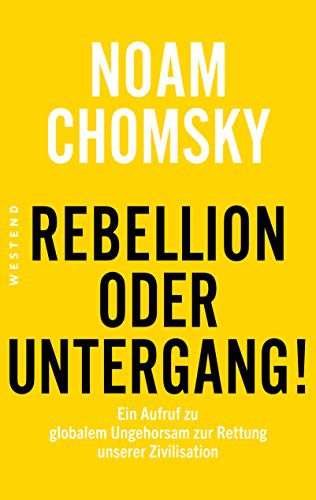Turning to the second existential threat, global warming, anyone with eyes open should be aware that the dangers are severe, and that they are imminent. How are we reacting? Here’s a recent report from Bloomberg: “The boom looks like it’s back. The number of oil and gas rigs drilling in the US has almost doubled . . . While two dozen nations are coordinating to cut oil production and rein in the global supply glut, US producers are moving in the opposite direction. Over the last four months, output increased by half a million barrels a day. If that rate of expansion continues, the shale boom will break new production records by summer. The US now produces nine million barrels a day.”
The report, one of a flood, illustrates a remarkable fact of current history: while the world is taking halting steps toward facing the existential challenge to survival, the richest and most powerful state in world history, virtually alone, is racing toward destruction, with enthusiasm and dedication. That has been true since November 8, 2016, another date of great historical significance. There were three significant events on that date, one important, one extremely important, and one astonishing.
The important event was the US election, which virtually monopolized reporting for days.
The extremely important event, which received virtually no coverage, took place in Marrakesh, Morocco, where almost all nations of the world were meeting to try to put some teeth in the Paris agreements (COP 21, in December 2015). A verifiable treaty could not be reached in Paris, as had been hoped, because the Republican-controlled US Congress would not accept it. On November 8, the World Meteorological Organization issued a review of the state of the climate. Along with other dire reports, the review confirmed “that 2016 was the warmest year on record: a remarkable 1.1ºC above the pre-industrial period,” sharply above the previous record set in 2015 and approaching the limit set in Paris. Deliberations effectively ended on November 8. The operative question became: Can we survive with the Leader of the Free World racing toward the precipice? The countries of the world turned to China as the hope for survival. China!
The astonishing event is that the dog didn’t bark. The reaction to these amazing events: silence.
No less astonishing is that while the richest and most powerful country in history is leading the effort to intensify the likely disaster, efforts to avert catastrophe are being led, worldwide, by what we call “primitive societies”: First Nations in Canada, tribal and aboriginal societies around the world. Ecuador, with its large indigenous population, sought aid from the rich European countries to allow it to keep some of its oil reserves underground, where they should remain. The request for aid was refused. Ecuador revised its constitution in 2008 to include “rights of nature” as having “intrinsic worth.” Bolivia, with an indigenous majority, passed the Law of Mother Earth, granting nature rights equal to humans. In general, indigenous populations are well in the lead in seeking to preserve the planet. The countries that have driven indigenous populations to extinction or extreme marginalization are racing toward destruction.
Perhaps that’s something else we should think about.



